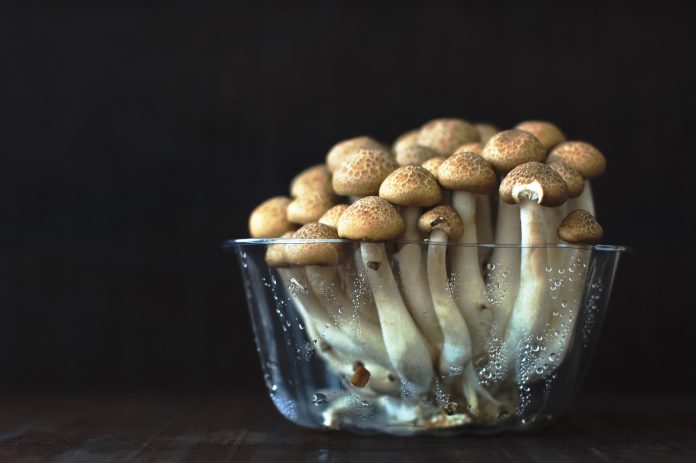There is a considerable amount of interest, curiosity, and even controversy surrounding psilocybin – the naturally occurring psychedelic compound found in certain species of mushrooms. With its potential therapeutic applications being studied in-depth in recent years, it is crucial to distinguish between myths and facts about psilocybin.
In this article, we’ll tackle some of the most common misconceptions and provide clear, scientifically backed facts about psilocybin.
Myth 1: Psilocybin Mushrooms Are Highly Addictive Fact: Unlike other recreational drugs such as cocaine or heroin, psilocybin mushrooms are not generally considered to be addictive.
The Global Drug Survey 2017 found that magic mushrooms, which contain psilocybin, were the recreational drug with the lowest rate of medical treatment per last-year user. Users can, however, build a tolerance to psilocybin, which decreases its effects if used repeatedly over a short period.
Myth 2: Psilocybin Use Leads to Mental Illness Fact: There’s no evidence that psilocybin causes mental illness.
However, individuals with a family history of mental health conditions, especially schizophrenia, should exercise caution due to an increased risk of possible adverse psychological reactions.
Myth 3: Psilocybin Has No Therapeutic Value Fact: Research has begun to illuminate the potential therapeutic applications of psilocybin.
Early clinical trials show promising results for the treatment of conditions such as depression, anxiety, PTSD, and addiction.
Myth 4: All ‘Magic Mushrooms’ Are the Same Fact: There are over 200 species of mushrooms that contain psilocybin.
They vary in their psilocybin content, appearance, and where they grow.
This means that the effects can vary widely, depending on the specific type of mushroom and its potency.
Myth 5: Psilocybin Causes Brain Damage Fact: There is currently no scientific evidence to suggest that psilocybin causes brain damage. In fact, some research indicates that it may promote the growth and repair of brain cells.
Myth 6: Psilocybin Use Is a Modern Phenomenon Fact: The use of psilocybin and other psychedelics dates back thousands of years.
Many indigenous cultures have used these substances for religious or spiritual ceremonies.
Now that we’ve dispelled some myths, it’s important to note that, like any substance, psilocybin should be used responsibly.
Remember that the legality of psilocybin varies worldwide, and in many places, it is still a controlled substance.
While the potential therapeutic uses of psilocybin are exciting, most of the research is still in the early stages, and more extensive studies are required to fully understand its benefits and risks.
Always seek advice from a healthcare professional before making any decisions about your health or well-being.
As we move forward, it’s clear that psilocybin, like many other elements of the natural world, is not a substance to be feared or demonised, but rather one that requires our understanding, respect, and careful exploration.


